
Thought it might be interesting to give a small bit of history on this group of people that share our little blue planet called the NI-VANUATU. Ni-Vanuatu are Melanesian peoples who arrived in Vanuatu approximately 3,000 -3,500 years ago as people from the Lapita culture (a culture characterized by particular textile and pottery patterns and manufacturing processes) moved from southeast Asia. "The term Lapita refers to an ancient Pacific culture that archaeologists believe to be the common ancestor of the contemporary cultures of Polynesia, Micronesia, and some areas of Melanesia. The culture takes its name from the site of Lapita in New Caledonia, one of the first places in which its distinctive pottery was discovered. While archaeologists
 debate the precise region where Lapita culture itself developed, the ancestors of the Lapita people came originally from Southeast Asia. Beginning around 1500 B.C., Lapita peoples began to spread eastward through the islands of Melanesia and into the remote archipelagos of the central and eastern Pacific, reaching Tonga and Samoa by roughly 1000 B.C. The Lapita were a seafaring people who settled primarily on the coast rather than inland and their skilled navigators traversed the ocean with ease. (Wagelie, Jennifer)"
debate the precise region where Lapita culture itself developed, the ancestors of the Lapita people came originally from Southeast Asia. Beginning around 1500 B.C., Lapita peoples began to spread eastward through the islands of Melanesia and into the remote archipelagos of the central and eastern Pacific, reaching Tonga and Samoa by roughly 1000 B.C. The Lapita were a seafaring people who settled primarily on the coast rather than inland and their skilled navigators traversed the ocean with ease. (Wagelie, Jennifer)"The island of Vanuatu, which is a volcanic archipelago of nearly 80 islands, has a rich cultural and linguistic heritage.
 On the island of Malekula alone, where Ben and I were stationed for two years, there are about 30 distinct languages still spoken. Many languages, cultural beliefs, customs and traditional systems of land tenure have been lost... many still dominate peoples lives. Vanuatu began its cultural interactions with Europeans as early as 1606 when a Portuguese ship "discovered" the islands and it was subsequently "rediscovered" by French navigator Louis-Antoine de Bougainville in 1768. Explored once again by an English mariner the famed Captain James Cook in 1774 and given the name "New Hebrides." An onslaught of missionaries, sandalwood merchants, and British and French cotton farmers arrived in the mid-19th century and the condominium government, a joint venture by the French and the British, was established in 1906. Can you imagine being under both French and British rule? This meant two school systems, two governmental bodies, two administrations and twice the bureaucracy which is a legacy that has left Vanuatu with three national languages: English, French and Bislama (from the "Black birding"- a history of stealing natives to work on Australian cotton and sugar plantations in Queensland). Finally in July of 1980 the "New Hebrides" achieved Independence and changed their name to "Vanuatu" (Hints the name Ni-Vanuatu for a native of Vanuatu).
On the island of Malekula alone, where Ben and I were stationed for two years, there are about 30 distinct languages still spoken. Many languages, cultural beliefs, customs and traditional systems of land tenure have been lost... many still dominate peoples lives. Vanuatu began its cultural interactions with Europeans as early as 1606 when a Portuguese ship "discovered" the islands and it was subsequently "rediscovered" by French navigator Louis-Antoine de Bougainville in 1768. Explored once again by an English mariner the famed Captain James Cook in 1774 and given the name "New Hebrides." An onslaught of missionaries, sandalwood merchants, and British and French cotton farmers arrived in the mid-19th century and the condominium government, a joint venture by the French and the British, was established in 1906. Can you imagine being under both French and British rule? This meant two school systems, two governmental bodies, two administrations and twice the bureaucracy which is a legacy that has left Vanuatu with three national languages: English, French and Bislama (from the "Black birding"- a history of stealing natives to work on Australian cotton and sugar plantations in Queensland). Finally in July of 1980 the "New Hebrides" achieved Independence and changed their name to "Vanuatu" (Hints the name Ni-Vanuatu for a native of Vanuatu).Who are the Ni-Vanuatu now? Well I have been here for three years and stereotyping the Ni-Vanuatu would be like trying to describe what is an "American." The islands are diverse culturally, linguistically and in many cases historically. But if forced to talk about the peoples with whom I have lived for the last 3 years I would be comfortable to say this:
Ni-Vanuatu are largely ritualistically Christian yet also maintain strong beliefs in custom, black
 magic and traditional healing.
magic and traditional healing.Ni-Vanuatu are inseparable from their land, family and natural resources.
Ni-Vanuatu are can be incredibly kind and yet, at times, as temperamental as the the ocean that surrounds them.
Ni-Vanuatu love to smile and laugh. They are boisterous and jovial.
Ni-Vanuatu are islanders, they live by "island time" and no amount of coxing will change their internal clocks. They value time with their family and friends, work will always come second to their family obligations.
Ni-Vanuatu see themselves first as members of their tribe or nasara, second as people from their home island, third their province (group of geographically link islands) and lastly their nation.
Ni-Vanuatu value community and togetherness more than the individual.
Contemporary the Ni-Vanuatu operate under a free-market economy. The main industry in Vanuatu is copra (dried coconut meat), cattle raising, agriculture, forestry and fishing. Tourism is definitely beginning to make a surge on the economic stage, which in my opinion is very unstable in regards to cultural ramifications and economic stability. Vanuatu is a country that is young and still defining what it means to be the Nation of Vanuatu. Trying to find a balance between customary culture and contemporary-global demands.
-Jessica
Photograph and quotation on Lapita peoples: Wagelie, Jennifer (October 2003) -see link for The Metropolitan Museum of Art: Lapita Pottery
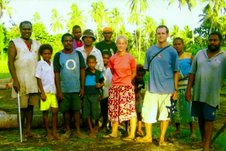
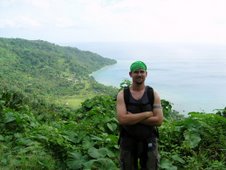
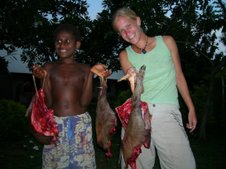
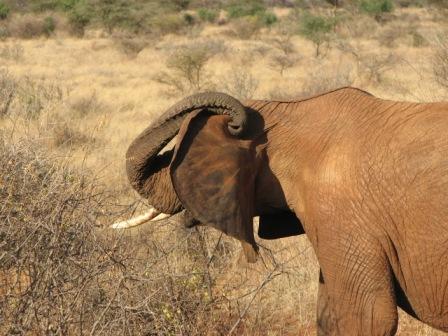
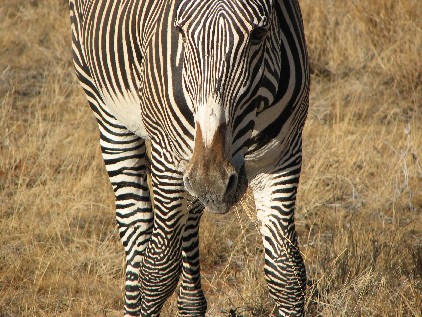
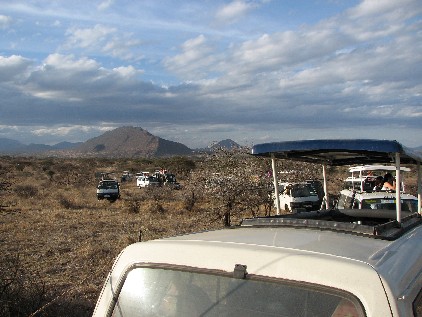
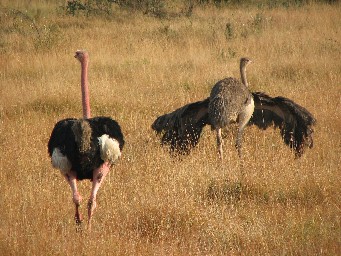
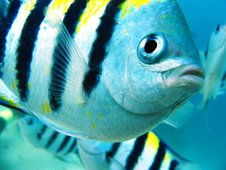
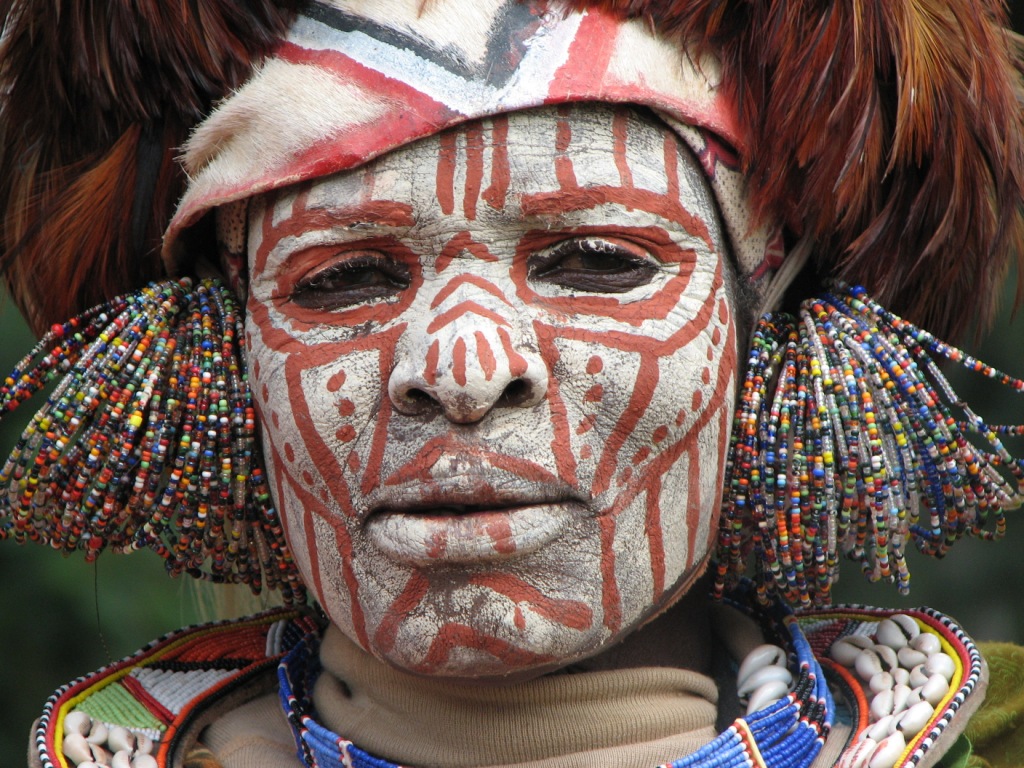
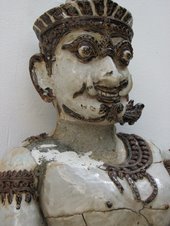
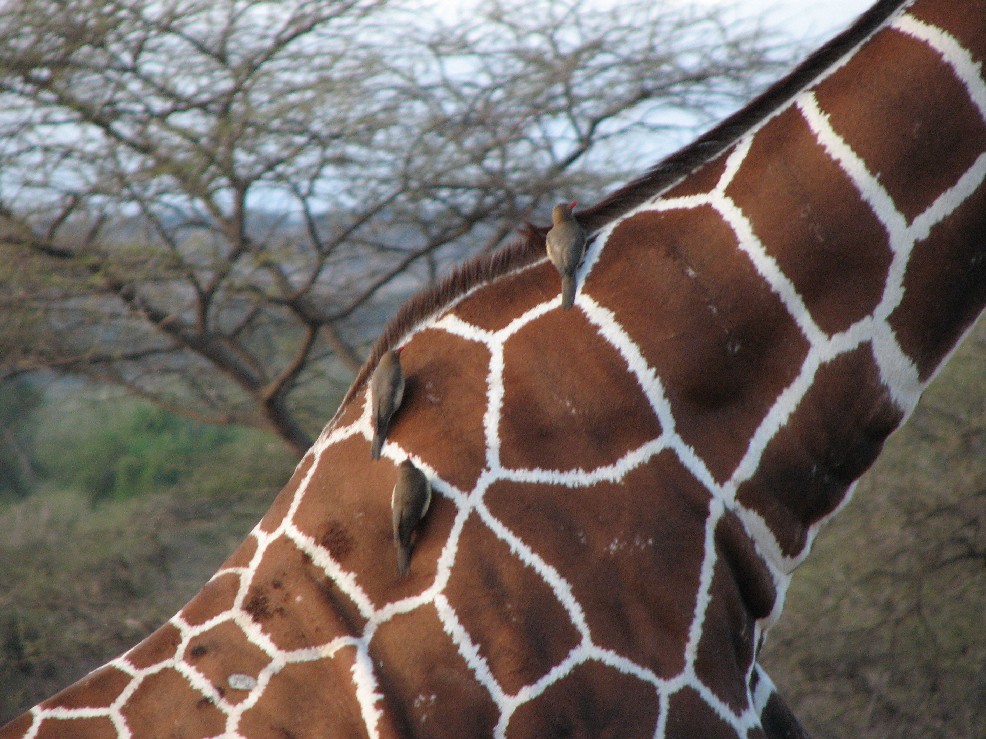
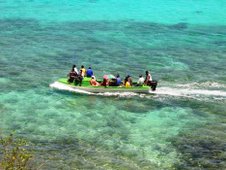
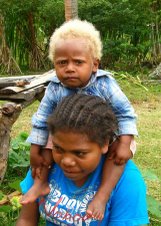
No comments:
Post a Comment